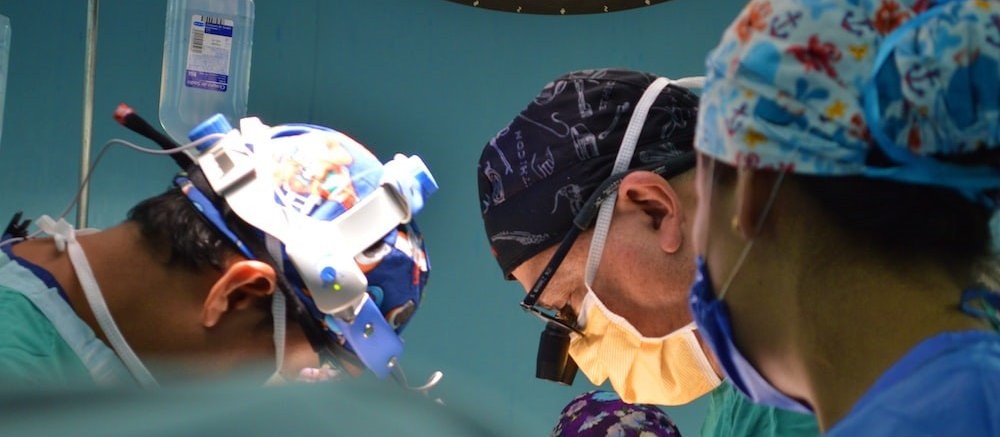Academic pharmacist Nataly Martini provides key information on Helicobacter pylori pathophysiology, diagnosis and evidence-based treatment strategies to enhance patient outcomes
Wait times to see health specialists rise, childhood immunisations fall
Wait times to see health specialists rise, childhood immunisations fall

Wait times for first specialist appointments and hospital treatment have got worse, according to the latest data from Health New Zealand Te Whatu Ora.
In the three months to December 2023, 68,179 (37 percent) had been waiting more than four months to see a specialist, an increase of 8361 compared with the previous quarter.
Forty percent of patients (30,757) had waited more than four months for surgery or other treatments, up from 38 percent (28,826).
Te Whatu Ora chief executive Margie Apa said while there was improvement in some areas, the agency had yet to see "the level of improvement we need in our hospital settings".
"We are getting a much clearer view of the areas that require further focus because we can see, at a system-wide level, where short and longer-term improvements can be made. This is made possible now that we are one organisation."
The health system was working towards its goal of meeting the four-month targets with "an increased focus" on weekly regional reports and national oversight to ensure plans were in place and get the resources where needed, she said.
Apa admitted there was "still a long way to go", but was confident increasing the workforce would accelerate gains in the next few years.
The health system was making headway in some areas, including reducing the number of people waiting more than a year for treatment, which dropped by more than 20 percent over the last half of last year to 3645 people, she said (down from 4606).
Childhood immunisations had also fallen. The percentage of Māori children fully vaccinated at two years old fell 5 percent to just 65 percent - the lowest level since the first quarter of 2022/23 (July to September 2022).
Rates for Pacific peoples and European/other remained below target at 80 percent and 86 percent respectively.
New targets come into effect in July. The only group currently meeting the 90 percent target was Asian peoples, at 91 percent.
For more news from around New Zealand, go to RNZ




